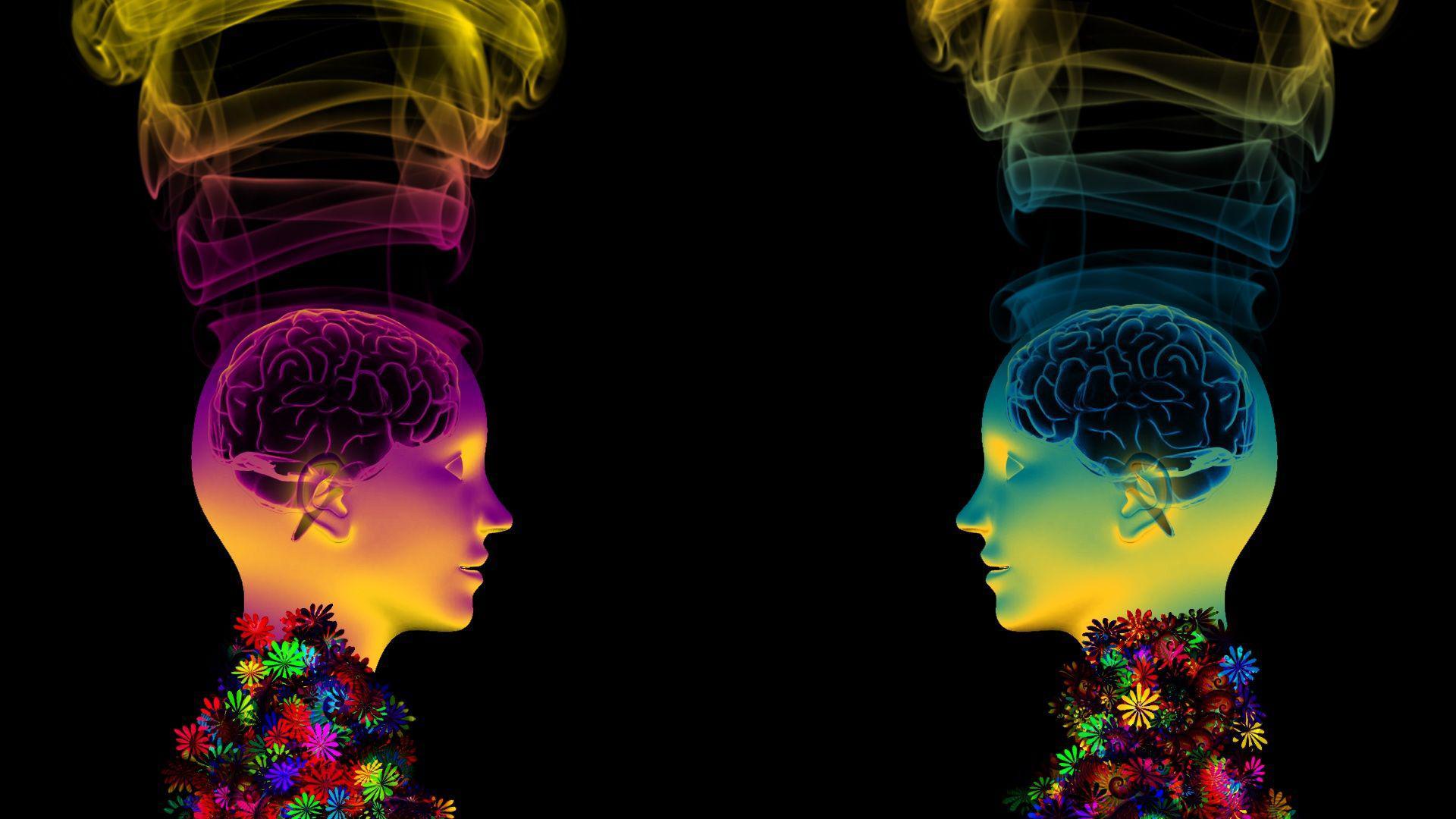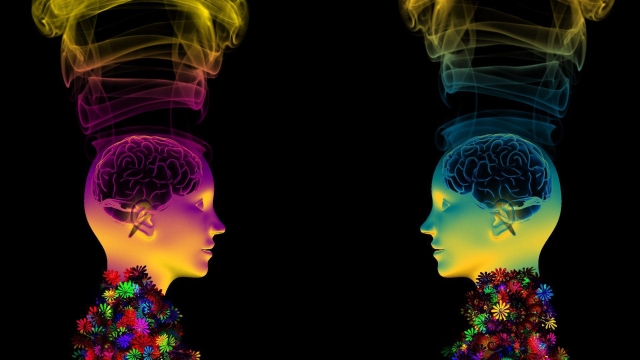
The human mind is a vast and mysterious terrain, encompassing thoughts, emotions, and perceptions that shape our understanding of the world. At the heart of unlocking these complexities lies the field of psychology, a discipline dedicated to unraveling the intricacies of human behavior and the inner workings of the mind. From studying the depths of consciousness to analyzing the underlying motivations behind our actions, psychology offers a unique lens to explore the multifaceted nature of human existence.
Psychologist Hawthorn
One of the fundamental principles of psychology is the understanding that humans are not simply driven by instinct; rather, our behavior is shaped by a multitude of factors, both conscious and unconscious. By delving into the realms of cognitive processes, social interactions, and emotional experiences, psychologists seek to uncover the underlying mechanisms that govern our thoughts and actions. As we delve deeper into the realm of psychology, we begin to understand that the human mind serves as a complex tapestry of influences, blending genetics, environment, and personal experiences to shape our unique perspectives of the world around us.
Furthermore, psychology not only helps us understand ourselves better but also sheds light on the dynamics of human relationships. By examining various phenomena such as aggression, attraction, and empathy, psychologists strive to comprehend the intricate interplay between individuals and the impact of their interactions on mental well-being. Through empirical research, studies, and clinical observations, psychology unveils the motives that drive our behavior, helping us navigate the intricacies of our relationships with others.
In conclusion, psychology serves as a gateway to unraveling the profound complexities and intricacies of the human mind. By studying our thoughts, behaviors, and emotions, it allows us to make sense of the intricate tapestry of our existence. From understanding the power of our unconscious mind to deciphering the dynamics of human relationships, psychology offers invaluable insights into what it means to be human. Ultimately, the exploration of psychology grants us the tools to unlock the many facets that comprise the depths of human psychology.
1. Understanding Basic Concepts of Psychology
In this section, we will explore the fundamental principles of psychology, shedding light on the intricacies of the human mind. Psychology is the scientific study of the human mind and behavior, delving into various aspects such as cognition, emotions, perception, and social interaction.
One key concept in psychology is that of behavior. Behavior refers to the actions, reactions, and conduct displayed by individuals in different situations. It encompasses both observable behaviors, such as speaking or walking, as well as internal mental processes, like thoughts and emotions that influence our actions.
Another important concept is perception, which deals with how individuals interpret and make sense of the world around them. Perception involves the organization and interpretation of sensory information received through the five senses, shaping our understanding of reality and influencing our behavior.
Furthermore, psychology examines the connection between the mind and the biological processes occurring within our bodies. The field explores how genetics, brain structures, and neurotransmitters contribute to our thoughts, emotions, and behaviors. By understanding these biological underpinnings, psychologists gain insights into the complexities of human behavior.
In conclusion, this section has provided an overview of some basic concepts in psychology. By examining behavior, perception, and the interplay between the mind and the body, we can begin to unravel the intricate workings of the human mind. Moving forward, we will dive deeper into the fascinating world of psychology, delving into its theories, methodologies, and various subdivisions.
2. The Complexities of Human Behavior
Understanding the human mind requires a deep exploration of the intricacies of human behavior. The way people think, feel, and act can be incredibly complex, shaped by a multitude of factors such as genetics, upbringing, and environment.
One key aspect of human behavior is our ability to adapt and respond to various stimuli. Each individual possesses a unique set of experiences and perspectives that influence their reactions to different situations. Some may display resilience in the face of adversity, while others may struggle to cope with even minor setbacks. This diversity in responses makes it challenging to create a one-size-fits-all approach to understanding human behavior.
Another fascinating aspect of human behavior is its inherent subjectivity. Each person perceives the world through their own lens, colored by personal beliefs, values, and biases. This subjectivity can have a profound impact on how individuals interpret and interact with the world around them. It is this intricate interplay between the mind and external stimuli that makes psychology such a fascinating field of study.
Furthermore, human behavior is influenced by intricate cognitive processes. Our thoughts, emotions, and memories are interwoven in a complex web, shaping our perceptions and actions. These cognitive processes are not always rational or linear, often influenced by our subconscious and unconscious mind. Unraveling these processes is a formidable task, requiring meticulous observation and analysis.
In conclusion, the study of human behavior is an exploration of the inherent complexities of the human mind. From the way we adapt to our environment to the subjectivity of our perceptions, psychology unveils the intricate workings of the human psyche. By delving into these complexities, we gain a deeper understanding of ourselves and the world around us.
3. Unveiling the Mysteries of the Subconscious Mind
Understanding the depths of the human mind is a fascinating journey into the field of psychology. One area that continues to captivate researchers is the intricacies of the subconscious mind. The subconscious is like a hidden realm within us, influencing our thoughts, emotions, and actions without us even realizing it.
One intriguing aspect of the subconscious mind is its ability to process information that we may not consciously be aware of. It acts as a storehouse of memories, experiences, and beliefs that have shaped our lives. This hidden reservoir of knowledge and perceptions can significantly impact our decision-making processes and shape our behavior in ways we may not fully comprehend.
Moreover, the subconscious mind plays a crucial role in shaping our self-image and beliefs about ourselves. It is the seat of our deepest fears, desires, and motivations. Often, these underlying beliefs and emotions can have a powerful influence on our actions and attitudes. Exploring the subconscious mind allows us to uncover these hidden beliefs and understand how they shape our thoughts and behaviors.
Delving into the complexities of the subconscious mind also sheds light on the power of our dreams and emotions. Dreams, which often arise from the subconscious, can provide valuable insights into our innermost thoughts and emotions. By analyzing our dreams, psychologists can unravel hidden meanings and gain a deeper understanding of our subconscious desires and fears.
In conclusion, studying the complexities of the subconscious mind offers a captivating glimpse into the mysteries of psychology. By uncovering the hidden beliefs, thoughts, and emotions that reside within us, we can gain a deeper understanding of ourselves and the factors that influence our behaviors. The exploration of the subconscious mind continues to be an intriguing field of research, shedding light on the intricate workings of the human psyche.
